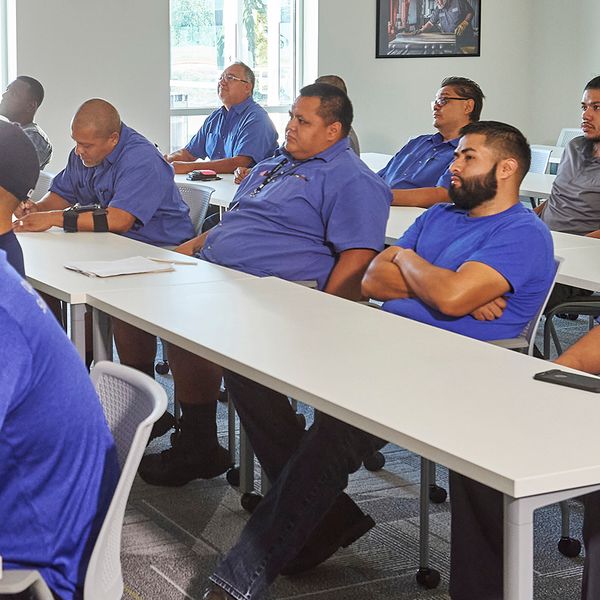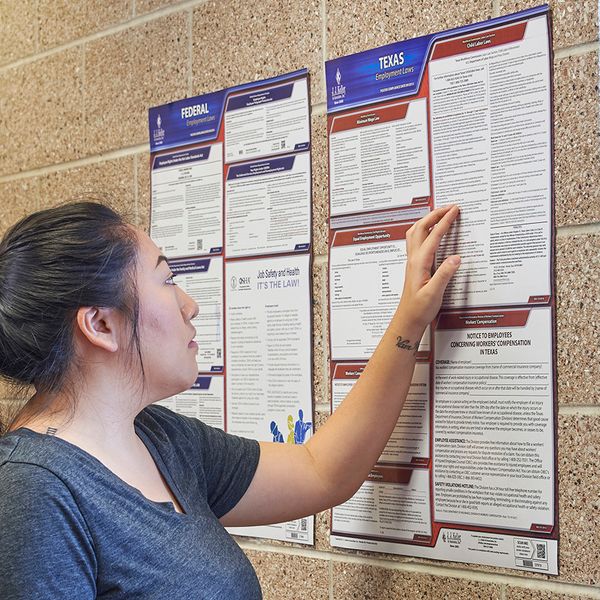Captive-audience meetings violate worker rights, NLRB rules
Making workers attend meetings where an employer expresses its views on unionization violates the law, the National Labor Relations Board (NLRB) has ruled.
In a decision released November 13, the board determined that these “captive-audience” meetings violate the National Labor Relations Act (NLRA) because the meetings have a reasonable tendency to interfere with an employee’s rights under the act, including the right to freely discuss unionization.
The board noted that because captive-audience meetings are compulsory, and an employee may be fired or disciplined for refusing to attend, the employer’s message presented during the meeting is likely to seem coercive.
The mandatory nature of captive-audience meetings also demonstrates an employer’s economic power over employees, which may inhibit them from acting freely and exercising their NLRA rights, the board found.
An employer may still hold meetings with workers to share its views on unionization, the board ruled, if the employer:
- Gives employees reasonable advance notice of the subject of the meeting,
- Lets employees know that attendance is voluntary with no adverse consequences for not going, and
- Informs employees that no attendance records of the meeting will be kept.
Why are captive-audience meetings a problem under the NLRA?
The board’s previous ruling on captive-audience meetings, Babcock & Wilcox Co., was issued in 1948. In its recent decision in Amazon.com Services LLC, the board determined that captive-audience meetings on unionization are problematic under the NLRA because they:
- Interfere with an employee’s right under Section 7 of the NLRA to freely decide whether, when, and how to participate in a conversation concerning union representation, or refrain from doing so.
- Provide a way for an employer to observe and surveil employees as it addresses the exercise of their rights under Section 7.
- Lend a coercive character to the message regarding unionization employees are forced to receive, because the employer can compel attendance at such meetings and employees may be disciplined or discharged for not attending.
State laws may also impact captive-audience meetings
Eleven states have laws that also place restrictions on captive-audience meetings. They take effect in California and Alaska on January 1 and are currently in effect in Connecticut, Hawaii, Illinois, Maine, Minnesota, New York, Oregon, Vermont, and Washington.
Key to remember: Employers need to be careful when holding meetings to share their views on unionization. They need to adhere to NLRB guidelines and follow state laws.




















































